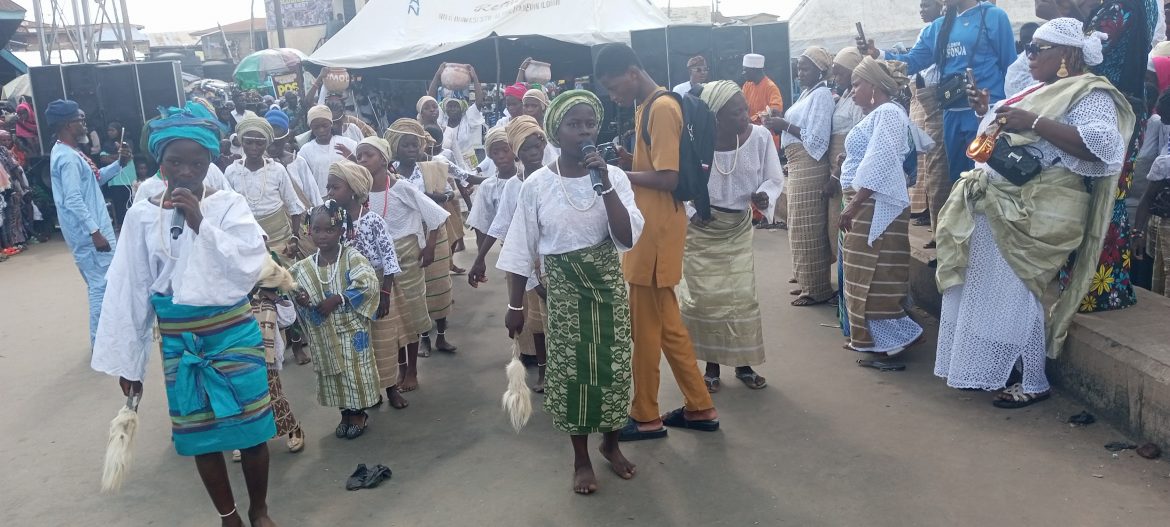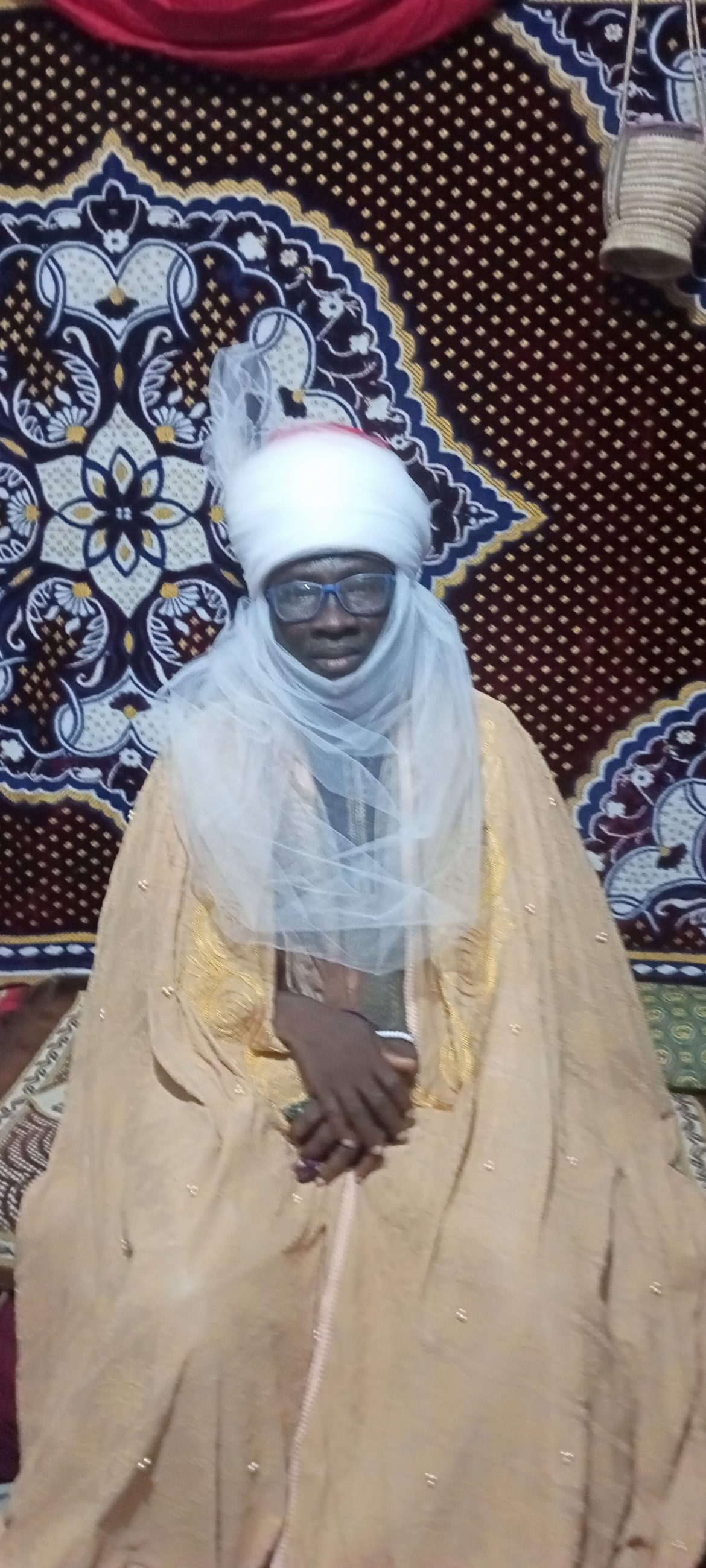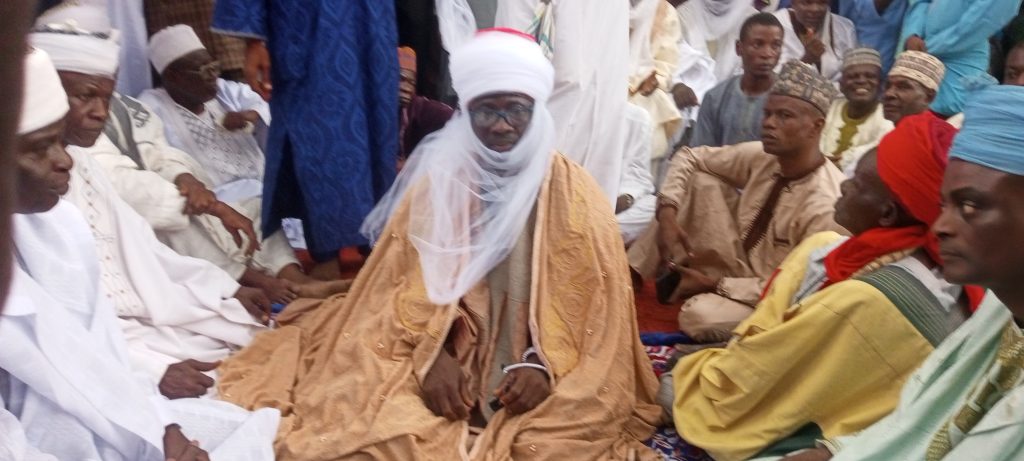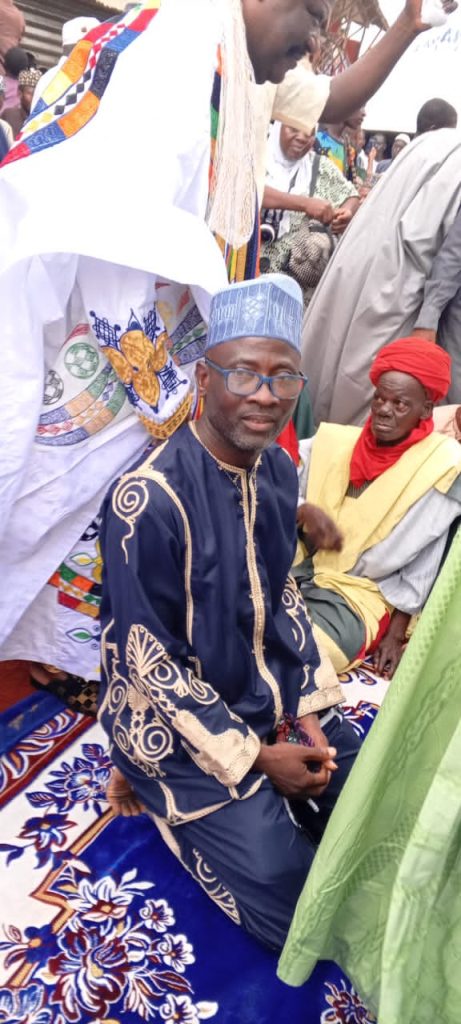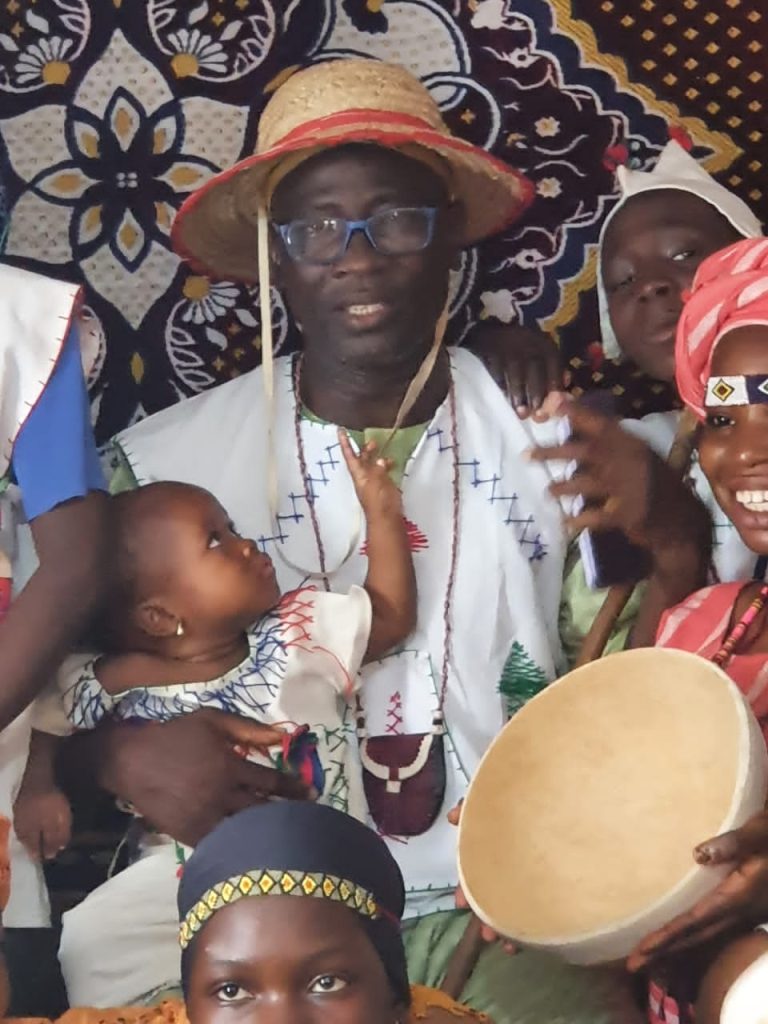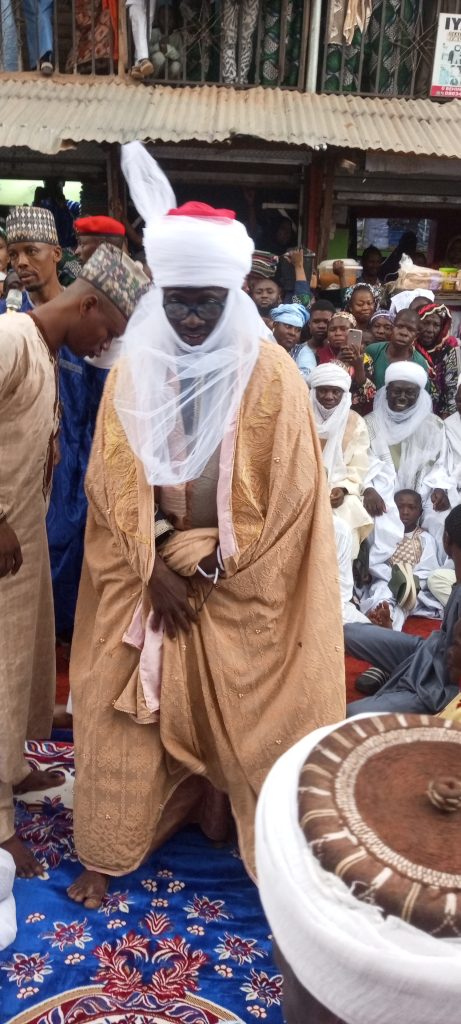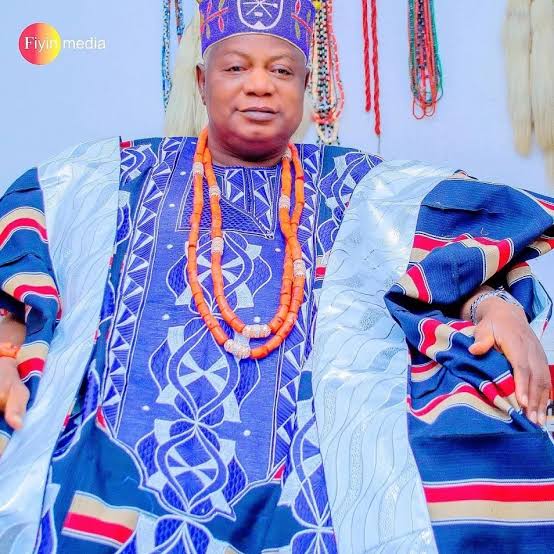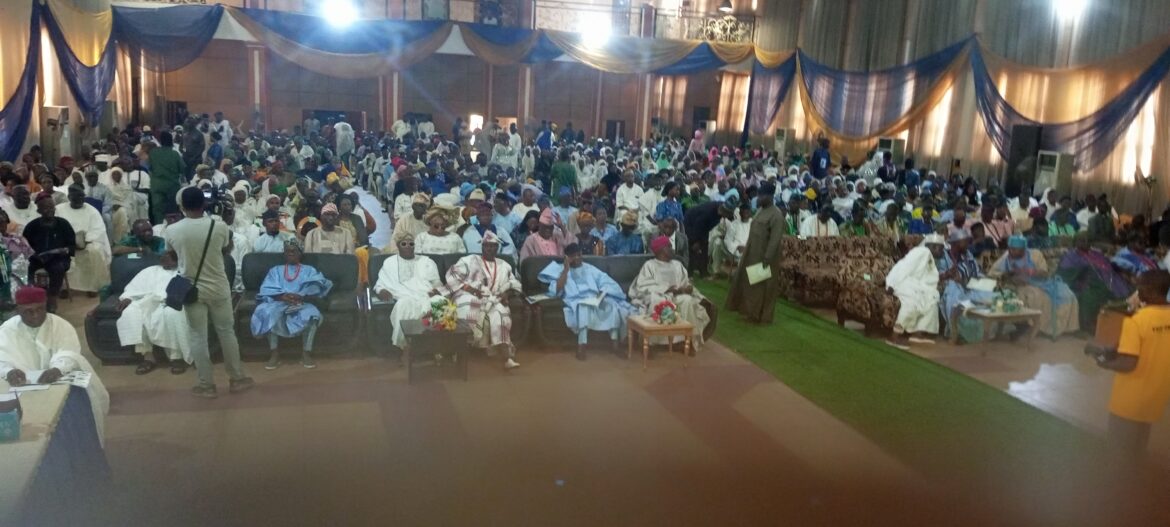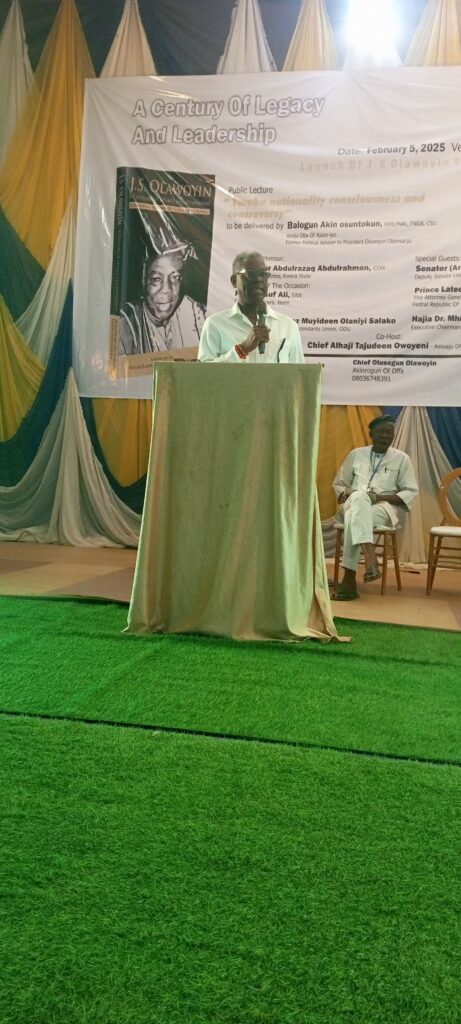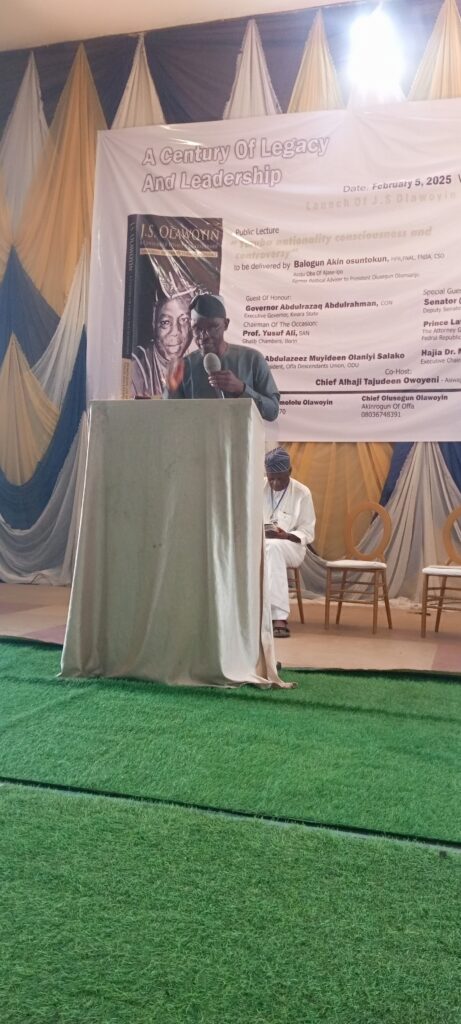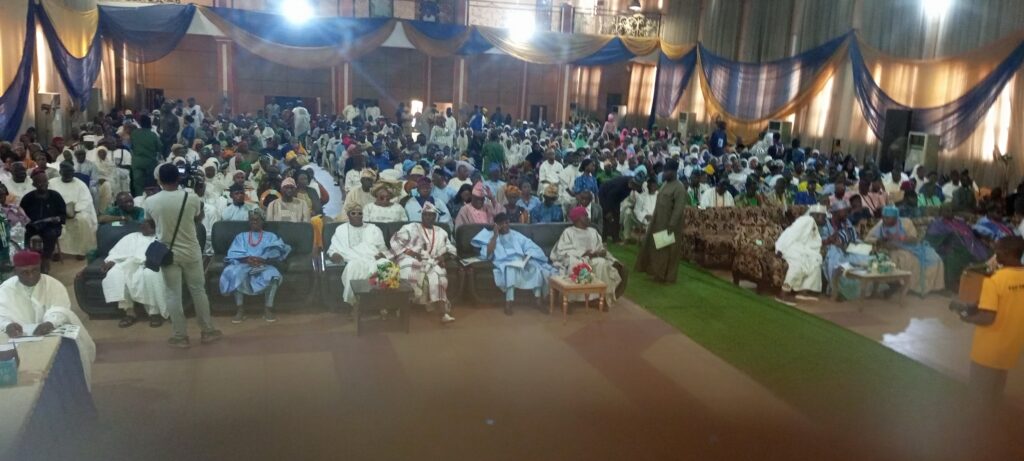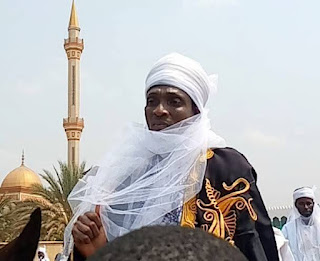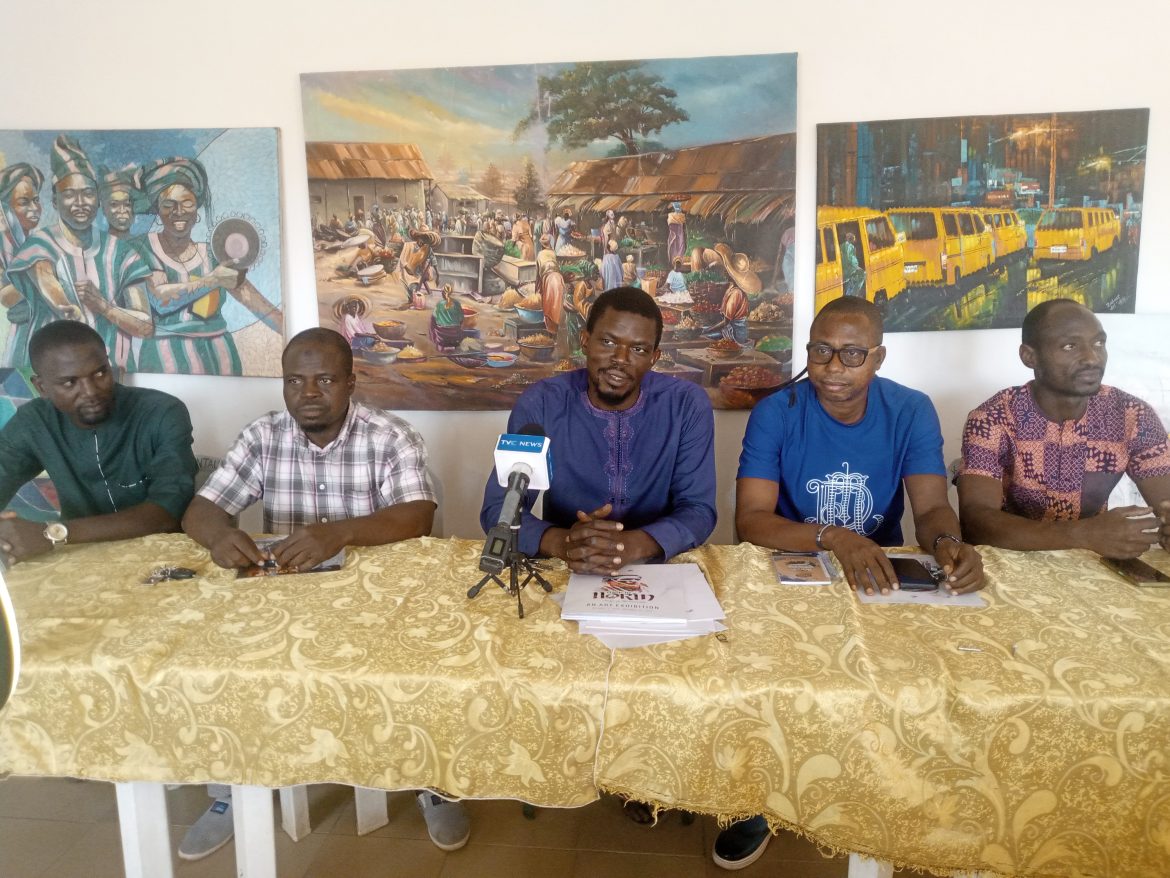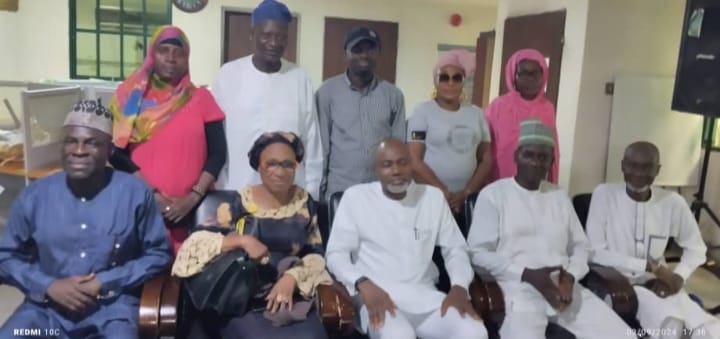By Adeleke Gbenga
Eponym is a noun word used to turn a person, an event or an object into a mythic figure, mythic event or ”divinity” because of their significant roles in history. All cultures romanticize their heros and heroines and celebrate them as cultural references. Thus they become eponymous figures, eponymous events, eponymous objects and myths in their cultures. A few writers, film producers and other cultural practitioners projected the major characters or heros of their works or events as eponymous or titular cultural heros and heroines.
For example, ”Gilgamesh” is an eponymous character in search of an adventure to transcend mortality and death and becomes immortal in the “Epic of Gilgamesh” an epic poem that shares title with its hero character “Gilgamesh” while “Don Quixote” is another eponymous hero in the work of Cervantes titled “Don Quixote” that also shares title with his hero. “Harry Potter” is an eponymous character roaming the worlds of sorceries and witchcrafts in the J. K Rowling’s series.
There is equally a hero called “Robinson Crusoe” an English cast-away in the popular work of Daniel Defoe of the same title “Robinson Crusoe” which Western Civilization celebrates as “ideal man” and a glorification of “rugged individualism” in a world of competition and hostility, among other uses of eponym for cultural exploration and preservation. Events, towns and locations can become eponymous and attain significant titles with significant cultural meanings.
This is the reason the 9th of June 2025 was another significant day for the Afonja Descendants Union (ADU) of Ilorin, Kwara State. It was the day they celebrated another “Afonja Day” their annual cultural festival they observe every year four-day after the Ileya festival. Afonja, the famous warrior and the most popular figure in the Laderin dynasty of Ilorin at Idi-Ape where the ancestral home of the descendants is located, is an eponymous character in the epic events of the old Oyo Empire. This almost sounds like popular belief among the Yorubas in general. To the Afonja Descendants Union and other indigenes of Idi-Ape however, Afonja, their ancestor is not only a character but a hero. This explains why a day is set aside to honour and celebrate him and his great-grandfathers, Laderin, Pasin and Alugbin every four-day after the Ileya festival. So, Afonja’s name becomes an eponym of cultural event titled “Afonja Day” that becomes a myth in Idi-Ape among its indigenes.
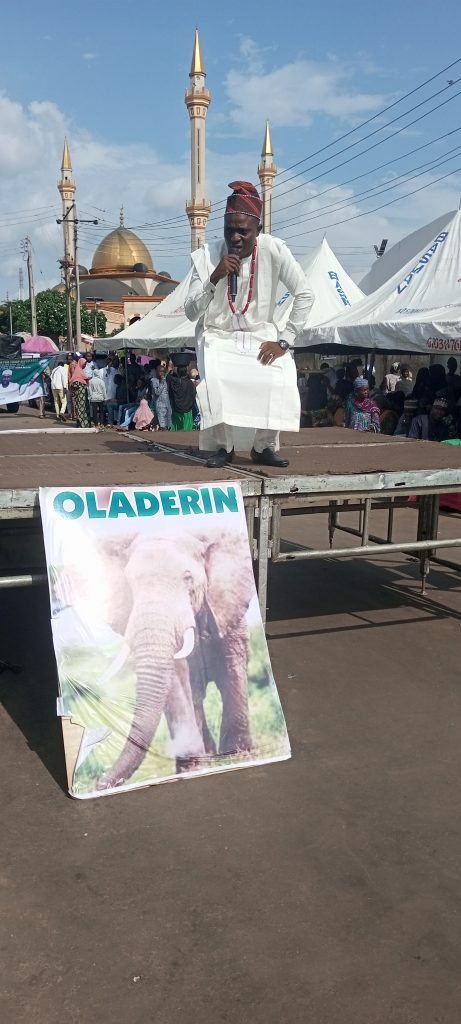
For the 2025 edition, ADU pulled out all the stops not only to stage the cultural festival that has become an expression of their identity and heritage in Ilorin. But to also make it a tourist attraction for the Yorubas in general.
Idi-Ape quarters of Ilorin is a sprawling downtown of urban disorder adjoined by labyrinth of several narrow streets from the community inside through which a navigation to the centre of the city where its central market is located is a possibility. From 2:00pm in the afternoon of 9th June 2025, the day of the festival, all the labyrinth of its dark alleys had been cordoned off. Its two narrow thoroughfares coming from the Central Mosque towards Alore-Oloje-Oko-Olowo routes had been blocked, with an exemption of its motor parks left unblocked for the commuters and drivers.
The foregrounds directly opposite the main entrance into the community towards its popular fish markets had been converted to a sort of carnival grounds. The whole arena wore a festive mood. Sons and daughters of Idi-Ape from near and far sat under the long stretches of pavilions that faced each other across its two public thoroughfares temporarily suspended for the occasion, under the scorching sun of the Monday afternoon. Two stages were provided, one for Master of the Ceremony and other coordinators of the programme. Other stage for the invited musician to entertain the community. The event however did not disturb or affect commerce and trade and other services like transportation as earlier said.
The cultural festival sounded more or less like a metaphor for the “isese” festivities, in nuances, tones, songs, colours and hues. The cognomen i.e the orikis of Afonja in renditions that were folkloric effortlessly rent the airs. The invocation of the spirit of “Iyemoja” the goddess of the seas for which Idi-Ape is famous also pervaded the airs in folkloric songs, dancing steps and performances.
To say that the 2025 Afonja Day at Idi-Ape on the 9th of June was a rites of passage, rituals of tradition and an invocation of the spirit of “Afonja” to usher the participants of the traditional festival into the new season is an understatement. Cultural artifacts like local pots made of clays known as ”Oru” were mounted on heads by the women to demonstrate what was culturally significant to the community. Image of a big elephant emblematic of the Afonjas as their totem was also displayed to make a historical statement. Cultures, traditions and myths defined the events.
The graphic details of the 2025 Afonja Day was given to appreciate the sense of a cultural renaissance returning to Idi-Ape in recent times especially among its youths most of whom expressed that they were returning to their root or natural origin. Could this be a demonstration of solidarity with the Yorubas of the Southwest among whom the ferment of cultural nationalism is gaining an ascendancy in recent times or a mere coincidence?
Providing an insight in an interview with The Herald on Sunday, the National President of the Union, Mr. Saadu Kolawole Abdulahi explained that the Afonja Day has become a cultural festival not only to celebrate their hero “Afonja” but to let the world know that Ilorin is a Yoruba town with the Yoruba language as its lingua franca.
Mr. Abdulahi reiterated that the significance of the 2025 Afonja Day is to let the world know that Yoruba is a strong culture and tradition in Ilorin.
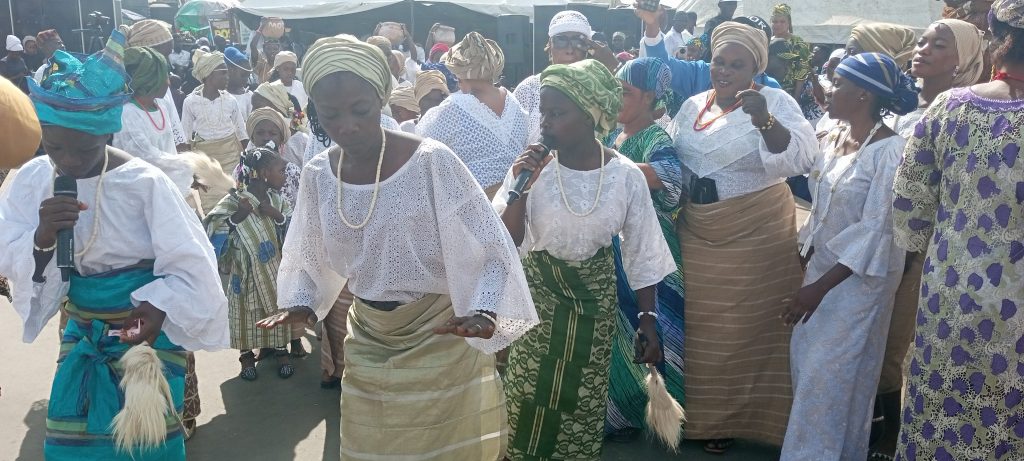
He stress that the essence of the cultural events is to emphasize that there is a difference between religion, tradition and culture. They do not confront and antagonize each other, according to him. He said for the fact that the Afonjas celebrated a traditional Yoruba culture did not make them less Muslims. He also described the occasion as a sensitization campaign to Yorubas not to jettison their tradition and culture in the name of religion. He appealed to the Yorubas to tap the tourism potentials inherent in the festival.
Also fielding questions from the Sunday Herald was Alhaji Hassan Amoo who echoed virtually what the National President, Mr. Abdulahi said about Afonja Day. He stressed that Afonja Day is to showcase and promote the Yoruba tradition and culture in Ilorin. Among the royal fathers that graced the occasion were Magaji Are of Ilorin, Alhaji Aremu Zubair, Baba-Isale of Ilorin, Alhaji Abdulahi Sodiq(Baba Ile-Apa), Magajj Isokun, Mallam Abubakar Aliu Olarewaju, Magaji Alase, Alhaji Ibrahim Adio.
